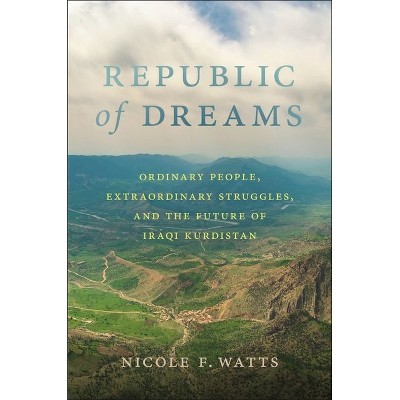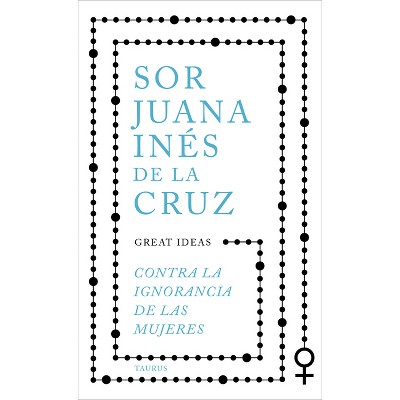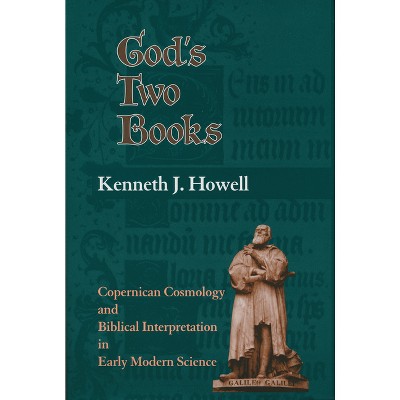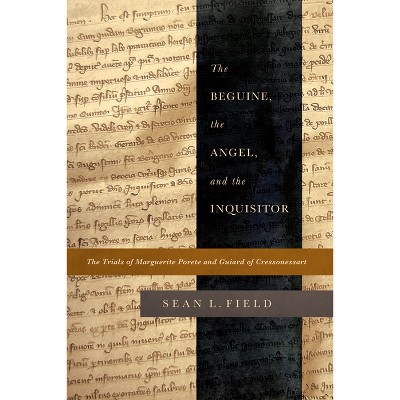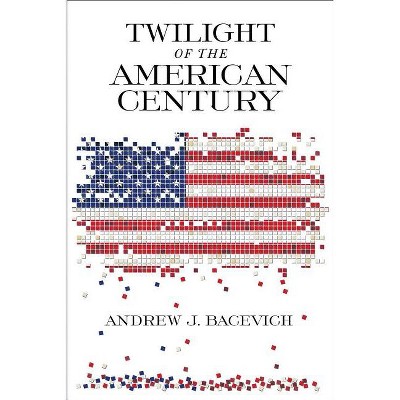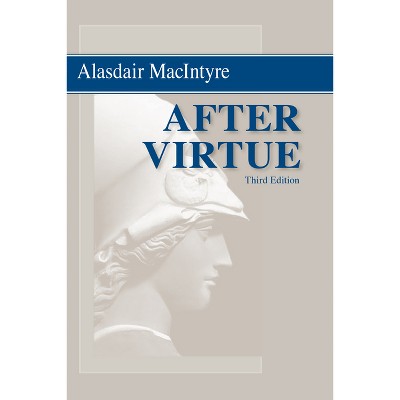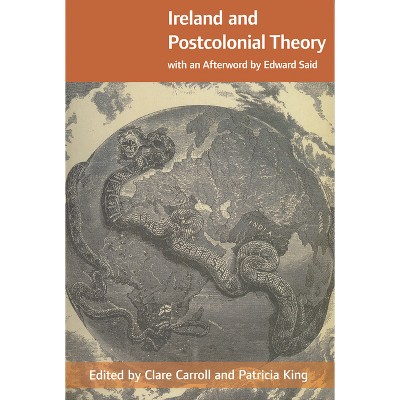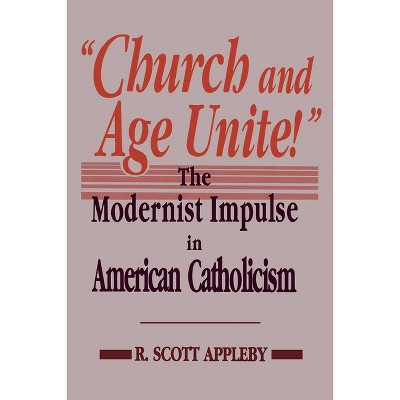Sponsored

A French Genocide - by Reynald Secher (Hardcover)
In Stock
Sponsored
About this item
Highlights
- A French Genocide: The Vendée provides a detailed narrative of the civil war in the Vendée region of western France, which lasted for much of the 1790s but was most intensely fought at the height of the Reign of Terror, from March 1793 to early 1795.
- About the Author: Reynald Secher is a scholar, businessman, and author of several books and articles.
- 306 Pages
- History, Europe
Description
Book Synopsis
A French Genocide: The Vendée provides a detailed narrative of the civil war in the Vendée region of western France, which lasted for much of the 1790s but was most intensely fought at the height of the Reign of Terror, from March 1793 to early 1795. In this shocking and controversial book, Reyanld Secher argues that the massacres which resulted from the conflict between "patriotic" revolutionary forces and those of the counter-revolution were not the inevitable result of fierce battle, but rather were "premeditated, committed in cold blood, massive and systematic, and undertaken with the conscious and proclaimed will to destroy a well-defined region, and to exterminate an entire people." Drawing upon previously unavailable sources, Secher argues that more than 14 percent of the population and 18 percent of the housing stock in the Vendée was destroyed in this catastrophic conflict.
Secher's review of the social and political structure of the region presents a dramatically different image of the people on the Vendée than the stereotype common among historians favorable to the French Revolution. He demonstrates that they were not archaic and superstitious or even necessarily adverse to the forward-looking forces of the Revolution. Rather, the region turned against the Revolution because of a series of misguided policy choices that failed to satisfy the desire for reform and offended the religious sensibilities of the Vendéans.
Using an array of primary sources, many from provincial archives, including personal accounts and statistical data, Secher convincingly argues for a demythologized view of the French Revolution. Contrary to most twentieth-century academic accounts of the Revolution, which have either ignored, apologized for, or explained away the Vendée, Secher demonstrates that the vicious nature of this civil war is a key element that forces us to reconsider the revolutionary regime. His work, available for the first time in English, provides a significant case study for readers interested in the relationships between religion, region, and political violence.
Review Quotes
"A comprehensive, chilling account of the protracted popular insurrection in western France against the excesses of the revolutionary regime during The Terror. The work covers a great deal of economic and social history as well as providing an operational treatment of the campaigns that may well have left 600,000 people dead. Although largely forgotten today, the operations in the Vendee set the standard for counter-insurgency operations used by the Napoleonic regime, which ultimately backfired in Spain and elsewhere." --The NYMAS Review
"Highly recommended. Important for all collections; accessible to general readers; of great interest to specialists." --Choice
". . . an important. . . book." --History: Reviews of New Books
". . . highly recommended." --New Oxford Review
"Secher belongs to a school of French historians who view the French Revolution as the godfather of the harsh leftist regimes of Lenin, Stalin, Mao, and Pol Pot, and his work is a major contribution to this point of view. Through an exhaustive examination of obscure departmental archives and private parish records, Secher certainly proves that the French Reign of Terror was not restricted to the streets of Paris." --Library Journal
"Secher's work is among the most significant accounts of the Revolution. This translation will be welcomed by American historians of France. It provides a significant case study for readers interested in the relationships between religion, region, and political violence." --Thomas Kselman, University of Notre Dame
"Clearly that message still has an appeal in parts of the English-speaking world. In the year 2004 Secher's gruesome retelling of the conflict in the Vendée reverberates in global landscape. The problem of political violence has not gone away; indeed it has become more acute." --Times Literary Supplement
"In [this] controversial book, Reynald Secher takes some elements of the revisionist school and transforms them. . . . Secher sees in the violence a kind of precursor to the absolute ruthlessness of 20th-century totalitarianism." --New York Times Book Review (Review of French edition)
About the Author
Reynald Secher is a scholar, businessman, and author of several books and articles. He produces historical videos, and is a specialist in the field of identity and national memory.
Shipping details
Return details
Frequently bought together


Trending Non-Fiction






